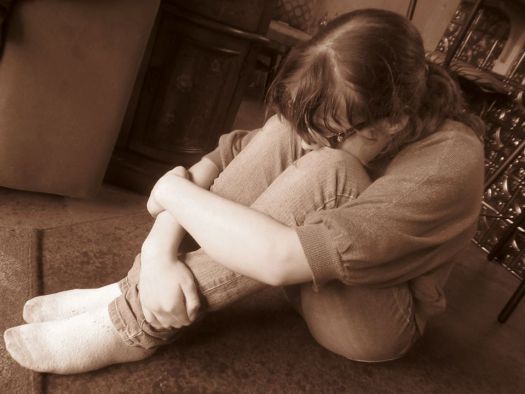And so this week’s moment of happiness despite the news.
Since last Sunday, I’ve been holed up in a lovely hotel room in a small Indiana town. There are cafes and diners and family-run bars. My room overlooks a little lake, and there are swans and geese and ducks, small birds, and a blue heron that flies by my window at least once a day. My room itself has a stone fireplace which I’ve kept running almost constantly. It’s been quiet and very peaceful and I’ve gotten a lot of writing – and sleeping – done. I’ve lived through a gale warning. And now I’m watching it snow.
This morning, I woke up a little stir crazy. I gave myself some time off and went out to visit an antique store. When I walked in, I was followed by two women, a mother and daughter. The daughter was about my age – let’s say in her fifties. And the mother was older. As I shopped and scrounged, I could hear their conversation and I paid half-attention to it as I was also listening to the conversation I was having with myself, since I had no one but me to talk to. Then I heard the older woman exclaim, “Oh, look at this!” Her excitement was such that I stopped in my tracks. “I had this! My mother gave it to me! It sat on my dresser for years. Oh, look!” They talked about it, letting me know it was blue and glass and it was the shape of a girl. Then the daughter said, “Let’s move on, Mom.”
I came around the corner in time to see the older woman looking wistfully over her shoulder as her daughter led her away.
My mother gave it to me.
When I was six, I followed my mother into an S&H Green Stamp store. In these stores, you could trade in your green stamps, with the bright red S&H on them, for a variety of things, from household goods to toys to clothes. While my mother went to the counter, I sat on the display window’s ledge and I saw something that stopped my heart. A white stuffed dog with black spots and big cloth eyes and jingle bells in his ears. I swept him into my lap and started a conversation, and yes, I heard him talk back. His name was Rantu, I decided, after the wolf in the book I was reading, The Island Of The Blue Dolphins.
I entered the first grade not reading. A month later, I was READING and I tore through every book in the school library. That little school only held first through third grade, so there weren’t many advanced books and I was reading at an adult level. My teacher traveled each week to the high school and selected books for me, which I read at my desk while the rest of the class went to the little library. And so yes, I was reading The Island Of The Blue Dolphins.
When my mother came to get me, I held out Rantu. “Mom, look at this!” I said. My mother said she was saving her stamps for something else. “That’s okay,” I said. “I’ll ask Santa.”
Only now do I realize how odd it was to be reading books with adult concepts, but still believing in Santa Claus and stuffed animals that could talk, silently, inside my own head.
Christmas came and so did Rantu. And now, at age 57, I see Rantu every day when I open my closet door. He sits on a shelf and looks down at me. And yes, he still talks.
My mother gave him to me.
In the antique store, I saw a little glass sculpture, made from all the colors of the sea and the sky. It was a little girl in a long ruffled dress and she held the skirt out with both hands. I carried her quickly up to the check-out counter. “Please,” I said, “I want to buy this, but would you give it to someone else?” I described the woman, the coat she wore, the color of her hair, what her daughter wore.
I was close by when the woman behind the counter called out to them. “Wait!” she said. “Another customer left this for you.” And she handed over the blue glass sculpture.
Oh, that squeal. I heard the little girl in that older woman. And I heard the echo of my own squeal when I found Rantu under the tree.
My mother gave it to me.
And yes, that helps. Despite. Anyway.


















